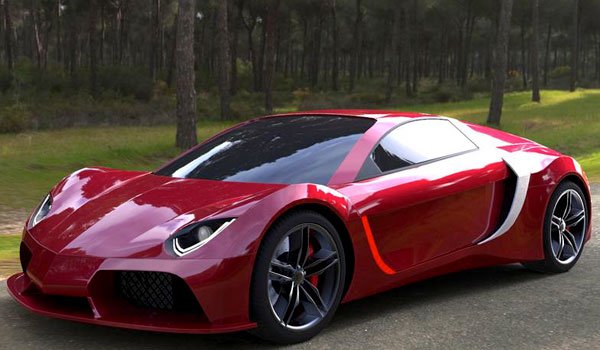But times are changing and the tables are turning.
And Sri Lanka, which seems like one of the more unlikely places to imagine as the birthplace of a new supercar, has conquered what is deemed impossible.
Meet Vega, the 900-horsepower, all-electric supercar from Sri Lanka.
The effort is the brainchild of technology entrepreneur Harsha Subasinghe, chief executive of Colombo-based CodeGen, a developer of software for the travel and tourism industry.
Building a luxury sports car is certainly a departure for Subasinghe, but one with broader objectives than simply a quick zero-to-60mph time. (That’ll be 3.5 seconds, according to the Vega’s builders.)
“Getting people to believe that a complex engineering project like a supercar can come from Sri Lanka is a huge challenge for us,” Vega project manager - Beshan Kulapala has told the BBC.
“This country produces some of the best engineers in the world, but in the past we’ve been afraid to commit to innovative product development for fear of losing, or being ridiculed,” he has added.
The car’s design is a sophisticated silhouette worthy of a boutique hypercar, but what lies under the hood is even more impressive and innovative. The Vega boasts a 900 horsepower engine (powered by dual electric motors) with 540 pound-feet of torque, a “state of the art motor controller,” and lithium batter modules that have “a number of innovations in packaging, safety, battery management, system hardware, and firmware and software,” he has further said.
“With the vast amount of data available online, we are able to learn and build expertise that we would otherwise lack,” Kulapala says. “Sure, we will need time to build experience, but with disciplined research, we are able to not fail where others have already have, and we can be quick to design and engineer products.”
CodeGen executive Subasinghe has invested more than $500,000 in the initial development costs to get the idea off the ground. Of course, budgets will head into the tens of millions once the development and testing of prototypes begins, and the company is taking the funding process one step at a time. Kulapala sees this proceeding at an aggressive pace, with the first prototype rolling out by April 2015 and the technology tuning and certification process following.
The Vega is expected to roll out with a price tag of more than $400,000.






